Hardy citrus in zone 6?
bill_ri_z6b
12 years ago
Featured Answer
Sort by:Oldest
Comments (117)
HOWARD Martin
3 years agoRelated Professionals
Londonderry Landscape Architects & Landscape Designers · Barrington Hills Landscape Architects & Landscape Designers · Fitchburg Landscape Architects & Landscape Designers · Marco Island Landscape Architects & Landscape Designers · Arlington Landscape Contractors · Darien Landscape Contractors · North Plainfield Landscape Contractors · Olympia Landscape Contractors · Palm Beach Gardens Landscape Contractors · Peachtree City Landscape Contractors · River Ridge Landscape Contractors · Sammamish Landscape Contractors · Santa Ana Landscape Contractors · Wentzville Landscape Contractors · West Chicago Landscape ContractorsHOWARD Martin
3 years agoVladimir (Zone 5b Massachusetts)
3 years agoHOWARD Martin
3 years agoHOWARD Martin
3 years agoDave in NoVA • N. Virginia • zone 7A
3 years agosocalnolympia
3 years agolast modified: 3 years agoHOWARD Martin
3 years agoponcirusguy6b452xx
3 years agoHOWARD Martin
3 years agoHOWARD Martin
3 years agoDave in NoVA • N. Virginia • zone 7A
3 years agolast modified: 3 years agosocalnolympia
3 years agolast modified: 3 years agoDave in NoVA • N. Virginia • zone 7A
3 years agolast modified: 3 years agoherman zimmerman
3 years agosocalnolympia
3 years agolast modified: 3 years agoHOWARD Martin
3 years agoSimmonds Buddies
3 years agoHOWARD Martin
3 years agoSimmonds Buddies
3 years agoHOWARD Martin
3 years agoHOWARD Martin
3 years agoDave in NoVA • N. Virginia • zone 7A
3 years agoHoward Martin
3 years agoHOWARD Martin
3 years agobklyn citrus (zone 7B)
3 years agoHOWARD Martin
3 years agoHOWARD Martin
3 years agobklyn citrus (zone 7B)
3 years agoHOWARD Martin
3 years agobklyn citrus (zone 7B)
3 years agoHOWARD Martin
3 years agoHOWARD Martin
3 years agoKen B Zone 7
3 years agoHOWARD Martin
3 years agoHOWARD Martin
3 years agoJames _J
3 years agoHOWARD Martin
3 years agoHOWARD Martin
3 years agobklyn citrus (zone 7B)
3 years agoherman zimmerman
3 years agoHOWARD Martin
3 years agoHOWARD Martin
3 years agoHOWARD Martin
3 years agoHOWARD Martin
3 years agoAZ Farmer Kobie
2 years agolast modified: 2 years agoponcirusguy6b452xx
2 years agoBetsy
last yearlast modified: last yearBetsy
last yearlast modified: last year
Related Stories

GARDENING GUIDESHow to Keep Your Citrus Trees Well Fed and Healthy
Ripe for some citrus fertilizer know-how? This mini guide will help your lemon, orange and grapefruit trees flourish
Full Story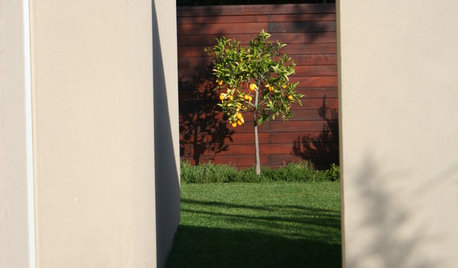
GARDENING AND LANDSCAPINGCitrus 101: Start Your Own Backyard Orchard
This Earth Day Weekend, Add Some Green, Style and Deliciousness to Your Landscape
Full Story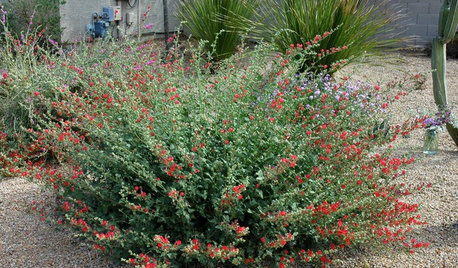
GARDENING GUIDESSouthwest Gardener's February Checklist
Orange you glad for a citrus-fertilizing reminder? And don't forget the recommended doses of vegetable seeds and cold-hardy flowers
Full Story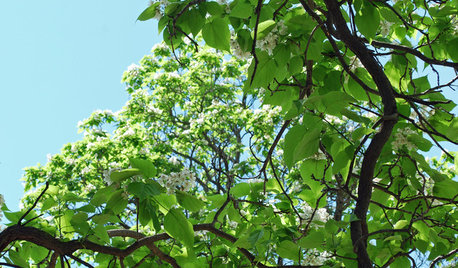
LANDSCAPE DESIGNGreat Design Plant: Retreat to the Shade of Hardy Catalpa
Big foliage and a towering height provide a shady respite in summer, but that's not all hardy catalpa offers dedicated gardeners
Full Story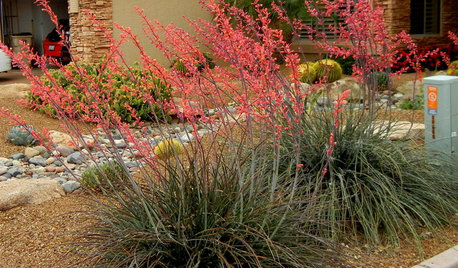
GARDENING GUIDES10 Cold-Hardy Succulents for Cool-Season Interest
These attractive plants shrug off colder temperatures, and many can be brought inside in containers in extra-chilly climates
Full Story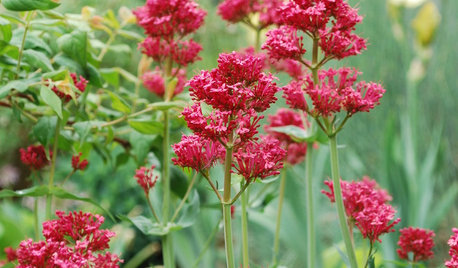
GARDENING GUIDES6 Lovely Water-Wise Perennials for High Altitudes
Even if your climate is cold and dry, you can still celebrate spring with these hardy and colorful perennials
Full Story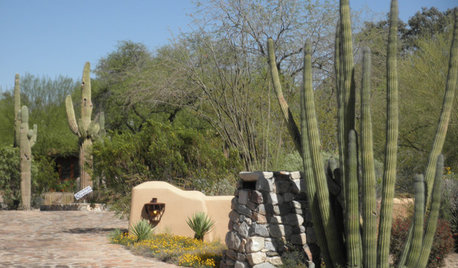
SOUTHWEST GARDENINGUnderstanding the American Southwest's Three Main Climate Zones
If you live in one of the arid or semiarid regions of the U.S. Southwest, this gardening zone guide is for you
Full Story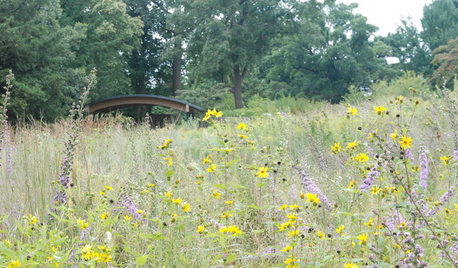
GARDENING GUIDESHow to Find the Right Plants for Your Garden
Break free from choosing plants by cold-hardiness zones for a beautiful landscape that thrives year-round
Full Story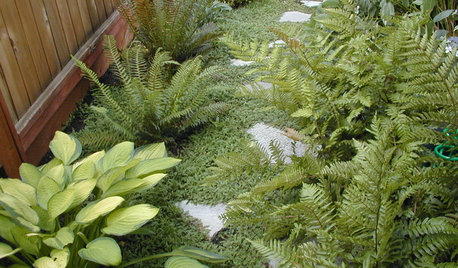
LANDSCAPE DESIGN6 Great Ways With Garden Ground Covers
Use them as problem solvers, weed killers, color and texture providers ... ground cover plants have both practical and visual appeal
Full Story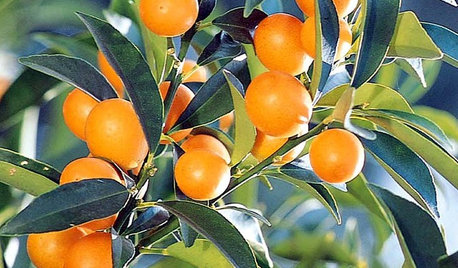
GARDENING GUIDESGreat Design Plant: Kumquats for a Juiced-Up Winter
Grow it for the edible fruit or its good looks alone. This citrus cousin will brighten any gray winter day
Full StoryMore Discussions






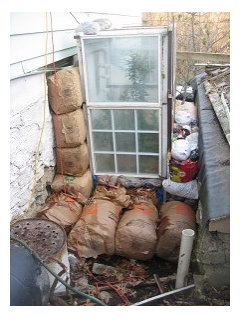

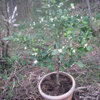
socalnolympia